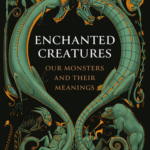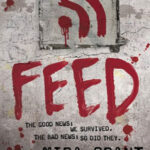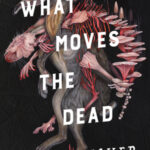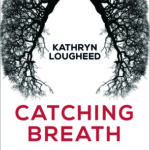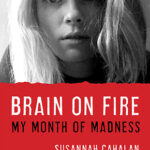Wednesday, huh? Let’s have a spot of normality ’round here, even if my schedule’s still a mess.
 What have you recently finished reading?
What have you recently finished reading?
John Lewis-Stempel’s The Secret Life of the Owl, which is basically a miscellany with all the facts he could think of or find out about owls in the UK. It’s short, but it was nice, and I did learn a couple of things, like the fact that owls have asymmetrical ears.
I did also read a volume of R.S. Thomas’ poetry, and wasn’t overwhelmed. I once read and enjoyed a biography of him, Byron Rogers’ The Man Who Went into the West, and that left me feeling pretty… fond, I guess? But the poetry wasn’t for me.
 What are you currently reading?
What are you currently reading?
I’m not feeling very inspired by anything I have on the go right now, unfortunately. Pretty tired and meh. I’ve made no progress on The Roads to Rome by Catherine Fletcher, after finding it hard going last week. I should pick that up again soon and give it a couple more chapters to see if I want to finish it.
I’m more or less enjoying Lucy Worsley’s biography of Agatha Christie, but I don’t really seem to be in the mood to read, so I’ve tried not to force myself.
Speaking of Agatha Christie: on Serial Reader, I’m most of the way through The Secret of Chimneys. I think I see how things are going to shake out… but I’m quite prepared to be surprised, or at least wrong about some aspects. We’ll see!
 What will you read next?
What will you read next?
I’m eyeing up The Other Olympians, by Michael Waters, which I’ve had out of the library a couple weeks and not started yet.
Honestly… I’m rather hoping that writing about it will annoy any covert transphobes into going away and never reading my blog again.
How about you?










